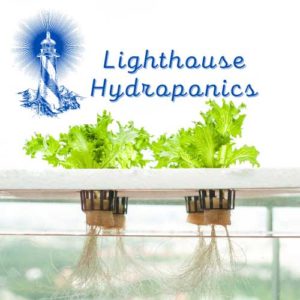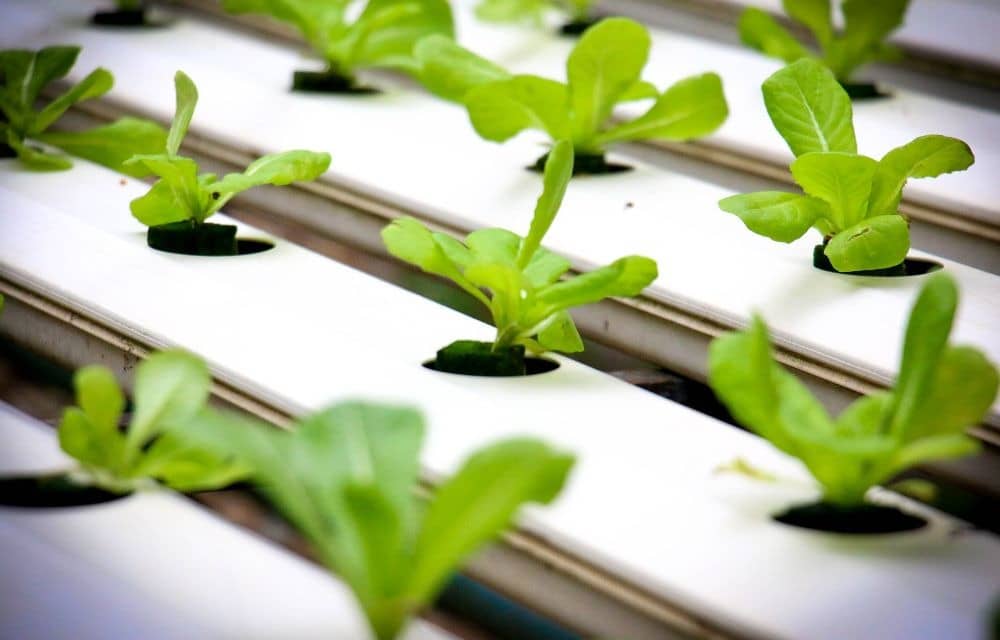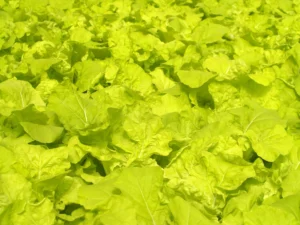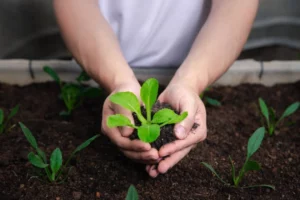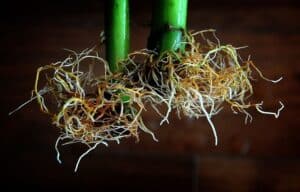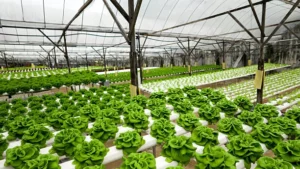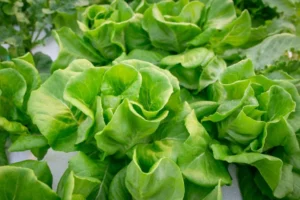With the growing number of people being green conscious, it’s not a surprise that hydroponics gardening has become an ever popular alternative to traditional soil-based methods. Hydroponic gardens are specifically designed to be planted with little or no preparation other than providing the right kind of soil and good drainage. They can grow plants faster, healthier, and in some cases even produce greater harvests than traditional gardening methods. But there’s no such thing as a free lunch, and growing plants hydroponically comes with its share of challenges as well as rewards. If you are serious about getting started in this growing trend, then you need to read up on some key information first.
What is Hydroponics?
Hydroponics is a method of growing plants without the use of soil. Instead, water and nutrients are delivered directly to the roots of the plant through a series of pipes with perforated bottoms. This method is often used in horticulture production because it can be more efficient than traditional methods, such as soil-based gardening.
How a Hydroponic Gardening System Works
The first thing you need to understand about how a hydroponic gardening system works is that it requires no soil. Instead, plants are grown in a watery solution of nutrients and minerals. The plants are fed the right ratios of hydroponic nutrient solution and oxygen, which enables them to grow at an accelerated rate with minimal inputs required for their care.
Another important factor is the absence of the traditional growth cycle associated with typical plants that live in soil-based gardens. In other words, plants don’t require multiple days of germination before they can be replanted or harvested. This means that hydroponic gardeners can produce high yields quickly without having to worry about waiting for specific seasons. One last component involves the use of light bulbs and LED panels for both vegetative growth and flowering phases. Plants require more light during this time, so LED lighting is typically used during this phase as well as when watering systems are running low.
The Advantages of Hydroponics
The advantages of hydroponics gardening are many. For one, it provides you with a better control over the environment in which your plants are grown. This can help reduce the risk of crop failure due to environmental factors like drought, disease, nutrient deficiency, and more. With hydroponic gardening you also get to harvest your plants at different stages of growth, from seedlings to mature plants.
A major advantage of hydroponics is that it’s easier to manage due to the lack of soil and other growing requirements. It also takes less time for hydroponics to grow plants because they don’t need as much care or attention as traditional gardens do. Hydroponic gardens require less water than soil-based methods and use the sun’s energy as fertilizer instead of using chemical fertilizers or manure.
Another key advantage of hydroponics is that these types of gardens allow for a lot more experimentation when it comes to growing new cultivars and creating new hybrids than traditional plantings do. This gives you a lot more control over how you grow your plants and what kind of yields you can expect from your garden. It’s also possible that some cultivars may yield better crops when grown in a hydroponic setup than they would in a traditional garden environment.
Disadvantages of Hydroponics
Hydroponics is a growing trend that is here to stay. With the advantages of hydroponic gardening, it’s not difficult to see why so many people are turning to this method of gardening. However, there are some disadvantages as well. The main disadvantage with hydroponics is the cost involved in getting started in the trend; it can be expensive and time-consuming if you purchase all new equipment. With hydroponics, you’ll have to learn how to adjust your watering schedules as well as what plants will thrive best in particular methods of growing. Another disadvantage of this technique is that soil doesn’t provide natural nutrients for the plants; plants grown hydroponically will require fertilizers to grow properly.
There are also other processes that must be taken into account when planting a garden hydroponically. You should also take note that this type of gardening does not always yield better results than traditional soil-based gardens. There may be a few key differences between these two forms of gardening, but overall they are both beneficial for your garden and give you plenty of options in terms of what types of plants or crops you want to grow.
Which Type of Hydroponic Garden Is Best For You?
In a hydroponic garden, the plants are surrounded by a nutrient-rich water solution. Water is pumped up from the reservoir to each plant’s container. This water solution is then fed back down through the irrigation system to the reservoir for reuse. Running your plants hydroponically is much more cost-effective than growing them in soil and it also eliminates many of the problems that come with traditional gardening in soil, such as pests and disease.
But which one of these setups is best? There are several factors that should be considered before deciding on what type of hydroponic setup will work best for you. One thing to keep in mind when choosing a setup is whether or not you want to grow vegetables or flowers. Vegetables typically need a lot of light, so they require using an aquaponics system like hydroponics but can also use artificial lighting or grow lights above their containers. Flowers, on the other hand, don’t need quite as much light, so they can use less expensive setups such as aeroponics or low-tech methods like growing them atop waterless trays.
Conclusion
There is no one-size-fits-all answer to the question of how often to water hydroponic plants. It’s important to take some time to consider your own goals, time, and space. The best way to start is to ask yourself, “”What is my goal?”” Once you know that, you’ll be able to narrow down your choices.
As with any gardening system, it’s important to use the right tools for the job. Here are the tools you’ll need for your garden:
-Misters
-Aeroponics
-Hydroponics
-Soil
-Lighting
A solid SEO strategy can help your brand rank higher in search engine results and drive more traffic to your business. Outsourcing is a great way to jumpstart this process — the right agency can give you the advantage when it comes to getting noticed and capturing customer interest. But outsourcing alone isn’t enough. Your brand perspective is critical to drive success and avoid common pitfalls. Not sure where to get started learning SEO? We have got you covered.
FAQ’s
What are the benefits of growing plants hydroponically?
The benefits of growing plants hydroponically are huge and impressive.
They include an increased production of both the plant itself and its harvest, the elimination of pests, disease, and weeds, a much longer season of growth and harvest, less effort and better yields, a more efficient use of resources, and easier care and maintenance.
In addition to these benefits, plants grown hydroponically require less water to produce the same amount of yield. Hydroponic systems also require less space to plant, grow, harvest and store plants compared to soil-based gardens.
If you’re looking for ways to increase your yields while cutting down on the time it takes you to get them, hydroponic gardening is an excellent choice.
What are the challenges of growing plants hydroponically?
There are many benefits of growing plants hydroponically, but one of the most significant is the capability to produce food in any environment. The absence of soil allows plants to flourish under controlled conditions and thrive in a multitude of climates.
Because hydroponics allows you to grow plants indoors or outdoors, you can also produce foods all year long. This can be especially beneficial if you have a limited amount of space and prefer to grow in containers.
The ability to produce crops with minimal effort is another enormous benefit of hydroponics. Hydroponic gardens are typically lightweight and require significantly less maintenance, which makes them ideal for those who travel frequently or simply don’t have the time to tend their garden.
Finally, hydroponic gardening is a more sustainable approach because it doesn’t rely on soil. Instead, plants are grown in a nutrient-rich nutrient-poor solution called soilless media. This allows water and nutrients to be recycled over and over again, which significantly reduces chemical runoff and wastage.
What are the disadvantages of growing plants hydroponically?
The benefits of growing plants in hydroponics are numerous. Plants grown in a hydroponic system are typically larger and healthier than plants grown in soil. They produce more yields per unit space, use less water and nutrients, require less labor, produce less waste, and require less maintenance. As a result, hydroponic gardening is perfect for both commercial and home gardens. The biggest draw for most people is though the price. Hydroponic gardening is typically much cheaper than traditional gardening.
The disadvantages of growing plants in hydroponics are also numerous. One of the biggest concerns is the amount of time it takes to get your garden up and running. It can take several weeks to have your first crop in a hydroponic system, whereas it only takes a few days to grow the same crop in soil. The other major concern that many people have is the risk of an indoor garden becoming contaminated by soil-borne pests such as fungus or nematodes.
If you’re looking for an inexpensive way to grow plants at home, hydroponics is an excellent choice, but if you’re looking for professional quality results, you’re probably better off sticking with the tried and true soil method that we all know so well.
